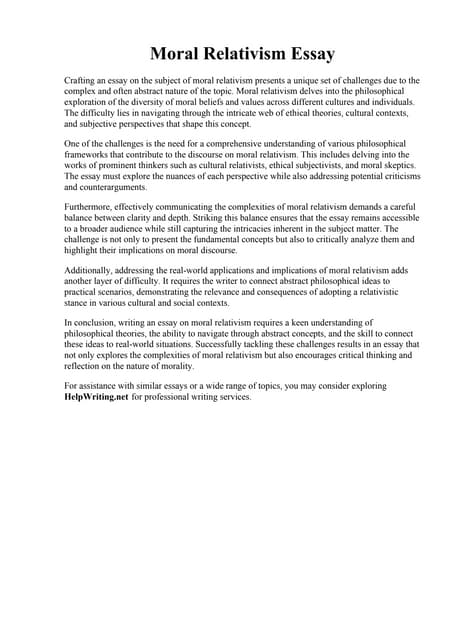
In ‘The Means and the Good’ (Analysis, forthcoming) Matthew Oliver argues that pluralist consequentialists can accommodate intuitions against using others as a means, on the model of how they can accommodate intuitions about desert:Just as it is bad for Emily to benefit from a stolen manuscript, it is bad for anyone to benefit from the use of another’s body or resources as a means. We can call this impersonal badness an impersonal-use-cost. As with a stolen manuscript, good results that are produced by using another person’s body or resources are heavily offset by an accompanying impersonal-use-cost.By, in effect, discounting illicit benefits, we get the result that killing one to save five does more harm than good. But we also get the result that killing one to prevent five others from each killing one to save five likewise does more harm than good. (I think the most natural way to understand this is not to regard the second-order killing as in itself extra bad; the killing is just as intrinsically bad as any other death, the problem is instead that any good that would follow from it — including the prevention of other wrongful killings — gets massively discounted.)It’s a clever and interesting view! But it seems really vulnerable to my argument against constraints, namely, that it unacceptably devalues the lives of the innocent victims who might be rescued. Once an innocent person has been killed in an (even wrongful) attempt to save five, it really matters whether those five are ultimately saved or not! So we shouldn’t discount the value of their lives, no matter the illicit nature of the agent’s act (however bad it may have been, that harm has already been done). Otherwise, we would violate the moral datum that One Killing to Prevent Five >> Six Killings (Failed Prevention).My reframing of the view in terms of “discounting illicit benefits” brings out the problem most starkly. But I. . .
News source: Philosophy, et cetera
Post Views: 240







